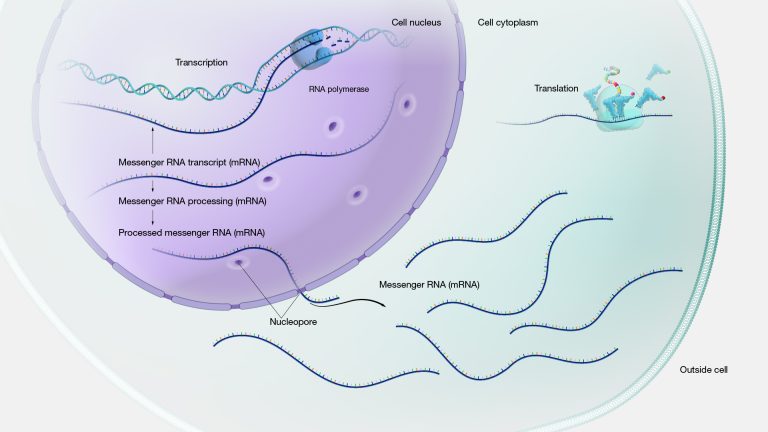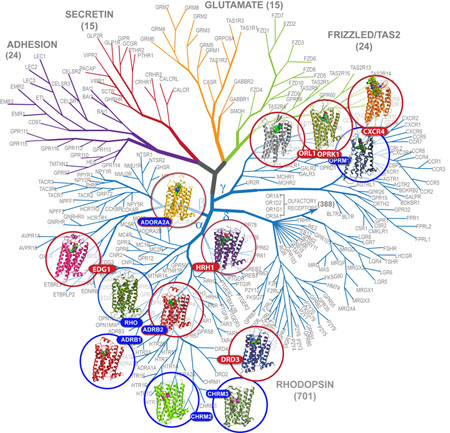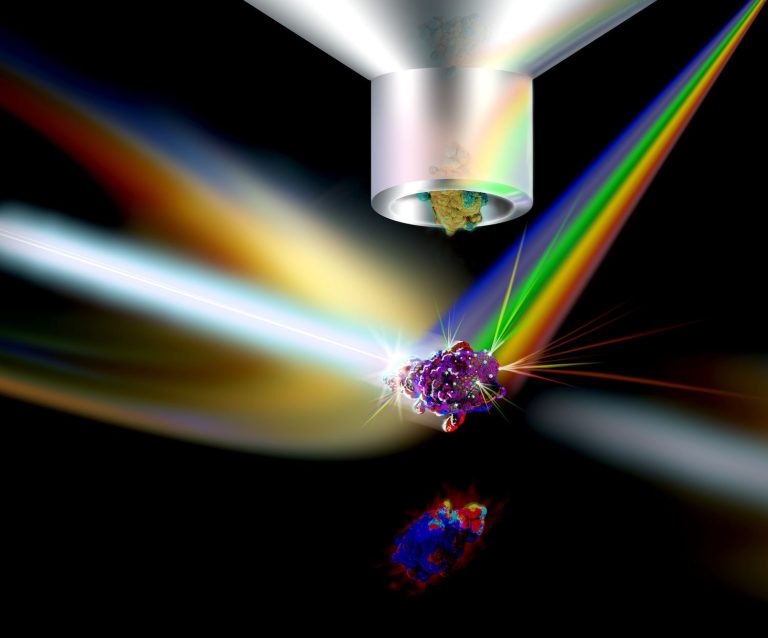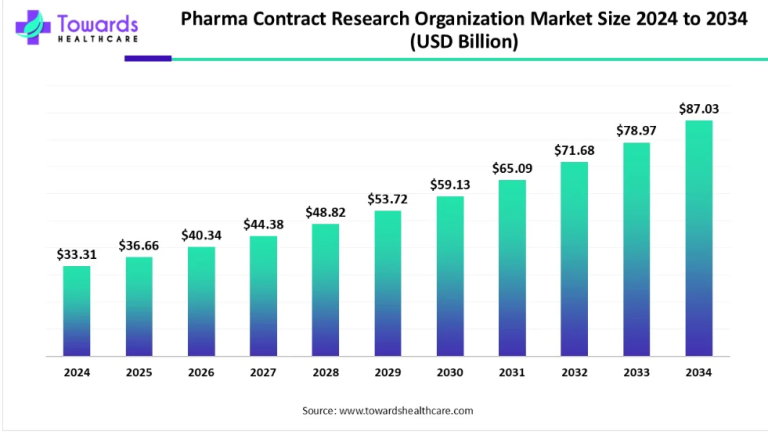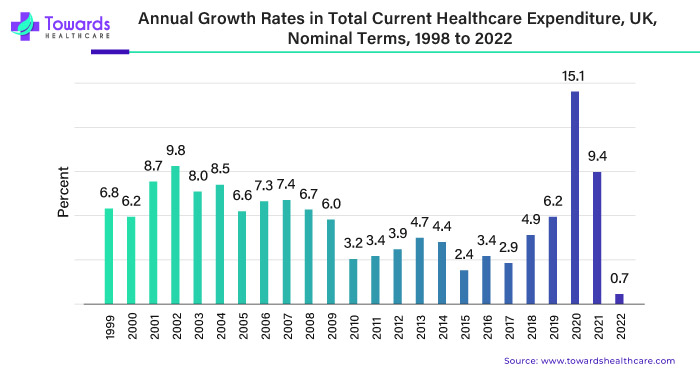
The Emotional Impact of Alopecia Areata: Beyond Physical Appearance
Imagine waking up one day to find patches of your hair falling out, leaving bald spots on your scalp or other body parts. For many people, their hair is a big part of their identity, tied to their self-esteem and confidence. So, when they start losing it unexpectedly, it can be devastating.
According to the National Alopecia Areata Foundation, almost 6.7 million individuals in the United States and 160 million globally either have had, currently have, or will experience alopecia areata. Currently, about 700,000 people in the U.S. have some alopecia areata.
Alopecia areata doesn’t just affect a person’s physical appearance; it can also have profound effects on their mental health and emotional well-being. Many individuals with alopecia areata experience feelings of embarrassment, shame, and anxiety about their appearance, especially if the hair loss is noticeable or extensive. They may feel self-conscious in social situations, avoid going out in public, or even withdraw from social activities altogether.
The impact of alopecia areata can be particularly challenging for children and adolescents, who may face teasing, bullying, or social exclusion because of their hair loss. This can lead to low self-esteem, depression, and other psychological issues if not addressed promptly. There is a strong demand for effective treatments that can restore hair growth and improve self-esteem and quality of life for individuals with alopecia areata. People want solutions that not only address the physical symptoms of the condition but also help them feel confident and comfortable in their skin again.
Pharmaceutical companies and researchers are constantly striving to develop new therapies that stimulate hair regrowth and address the emotional and psychological aspects of alopecia areata. These therapies include psychological support, such as counseling and support groups, alongside medical treatments.
Download a sample of this report @ https://www.towardshealthcare.com/personalized-scope/5133
Breakthroughs in Treating Alopecia Areata: A Game Changer in Hair Care
Advancements in medical technology have significantly enhanced our understanding and treatment of alopecia areata, a condition characterized by hair loss due to the body’s immune system mistakenly attacking hair follicles. These breakthroughs have opened up new possibilities for effectively managing the condition.
For instance,
- In July 2023, REVIAN Inc. announced plans for a second study of the Revian Red Hair Growth System to assess its effectiveness as a treatment option for Central Centrifugal Cicatricial Alopecia (“CCCA”). One area of progress lies in diagnostic tools. Doctors now have better methods for accurately diagnosing alopecia areata, including examining the pattern of hair loss and using tools like trichoscopy, which allows them to closely examine the scalp and hair follicles for signs of the condition. This means patients can receive a quicker and more accurate diagnosis, crucial for starting treatment promptly.
In terms of treatment, there are exciting developments in novel approaches such as biologics and stem cell therapy. Biologics are medications derived from living organisms that target specific molecules involved in the immune system’s response, helping to regulate its activity. These drugs have shown promise in clinical trials for treating alopecia areata by reducing inflammation around hair follicles and promoting hair regrowth.
For instance,
- In January 2023, Sun Pharmaceuticals Industries Ltd disclosed the acquisition of Concert Pharmaceuticals, a biotechnology firm focusing on treatments for alopecia areata. Stem cell therapy involves using stem cells, which are special cells in the body capable of developing into different types of cells, including those found in hair follicles. Researchers are investigating ways to harness the regenerative potential of stem cells to stimulate hair follicle growth and restore hair in individuals with alopecia areata.
These innovative treatment approaches could revolutionize how we manage alopecia areata, offering hope to patients who may not have responded well to traditional treatments or are seeking more effective, long-lasting solutions. It’s important to note that while these advancements hold great promise, they are still in the early stages of research and development. More studies are needed to fully understand their effectiveness, safety, and long-term outcomes. Additionally, these treatments may only be suitable for some individuals and may come with challenges and considerations.
The Efficacy of Minoxidil in Treating Alopecia Areata
Minoxidil has emerged as a popular and effective treatment for alopecia areata, demonstrating significant results in many cases. This topical solution, applied directly to the scalp, stimulates hair follicles, increases blood flow, and extends the hair’s growth phase, leading to regrowth in affected areas.
One of the main reasons for minoxidil’s widespread use is its ease of application and general tolerability. Available in various strengths and formulations, it caters to different individuals and often doesn’t require a prescription, enhancing accessibility.
Clinical research has confirmed minoxidil’s ability to promote hair regrowth, particularly in mild to moderate cases of alopecia areata. While responses may vary, consistent and proper use is crucial for optimal results. Continuous treatment, even after regrowth, is necessary to maintain outcomes.
Minoxidil serves as a valuable tool in the treatment arsenal for alopecia areata, offering a safe and accessible option to enhance appearance and confidence. Nonetheless, consulting a healthcare professional before starting any regimen is essential to ensure suitability and discuss potential side effects or concerns.
